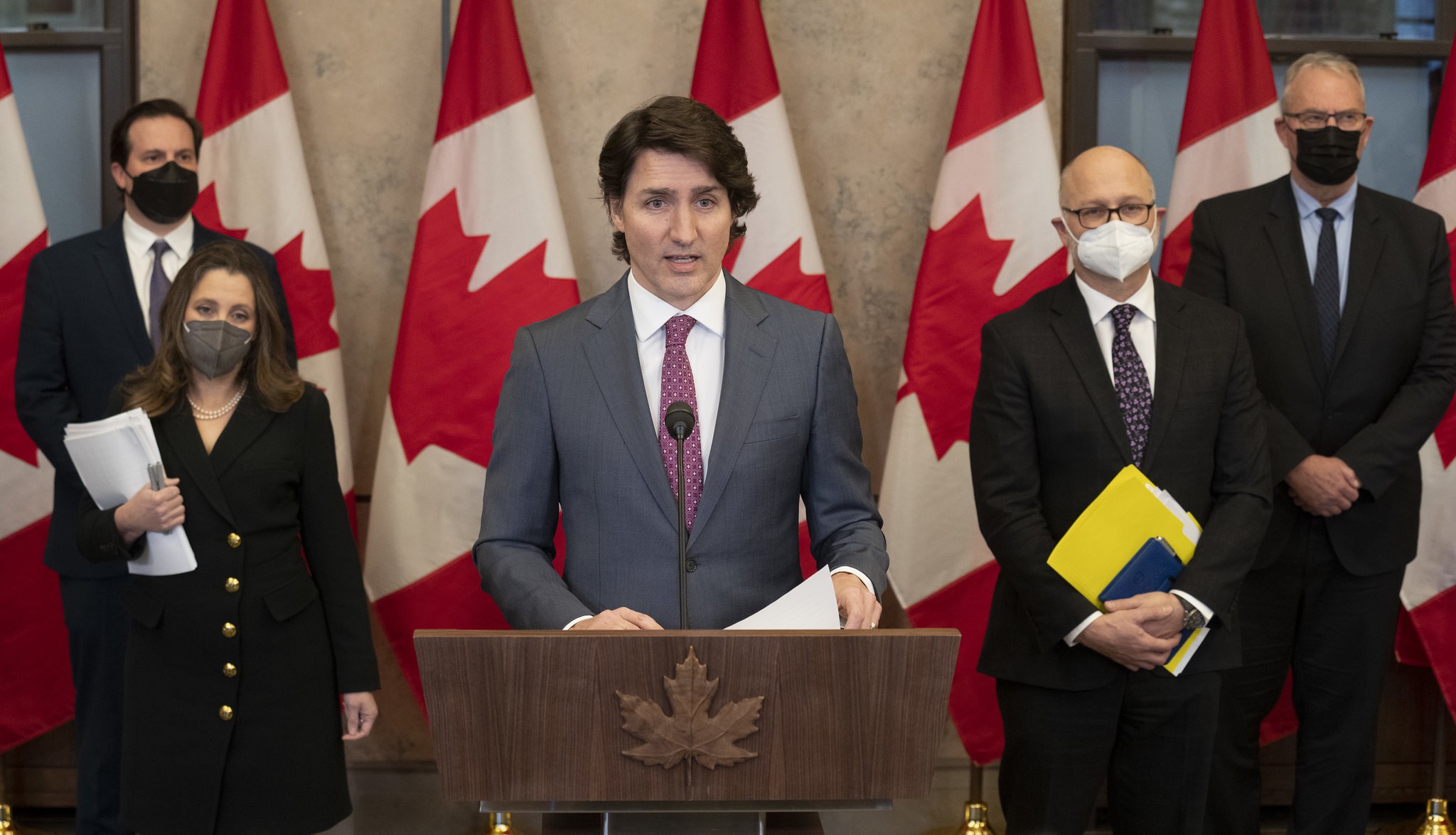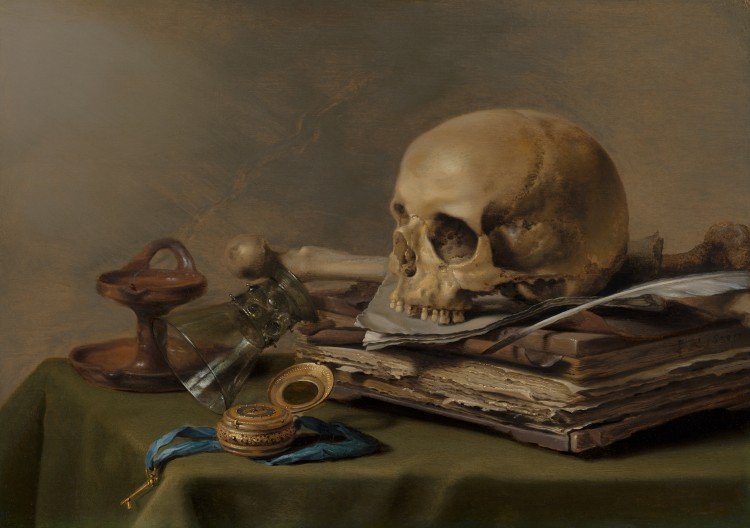

‘Is it too easy to die in Canada?’ by The Fifth Estate
- Title ‘Is it too easy to die in Canada?’ by The Fifth Estate
- Author The Fifth Estate (CBC News), Gillian Findlay
- Year 2023
- Language English
- Tags Disability Critiques Expanded Eligibility Family Resistance
- Legislative context Bill C-7: An Act to amend the Criminal Code (medical assistance in dying), 2021 (Canada)
- Author of entry Robyn Otto
In this 45-minute investigative documentary from the CBC’s The Fifth Estate, host Gillian Findlay explores the state of medical assistance in dying (MAID) seven years after the practice was legalized in Canada. The documentary takes a critical stance towards MAID, introducing viewers to what Findlay calls, ‘the mess that is MAID.’ Three people approved for MAID are featured in the documentary: Kiano Vafaeian, Amir Farsoud, and Donna Duncan. Kiano applied for MAID at 23 years old after suffering vision loss in one eye from diabetes and resulting depression. Amir, who has physical disabilities, applied for MAID because of inadequate financial supports and a lack of affordable housing. Neither Kiano nor Amir chose to use MAID, despite their approval. Donna experienced post-concussion syndrome following a minor car accident. Her family doctor refused her application because he felt that Donna had not been treated for her mental illness. Despite her daughters’ disapproval, Donna sought other assessors and died by MAID in 2021. The documentary closes with Amir’s observations that denying MAID to people like him would perversely force them to suffer to keep Canadians’ conscience clear.
Findlay characterizes removing the exclusion from MAID for applicants whose sole underlying medical condition is a mental illness as putting Canada, ‘on track to become one of the most permissive euthanasia jurisdictions in the world.’ The expansion has been controversial in Canada, particularly because of poor access to mental health supports across the country. Findlay highlights this tension in her questions to Minister of Justice David Lametti and Senator Stan Kutcher, asking whether the government can offer MAID in good conscience knowing that many who experience mental illness have not been able to access treatment. On this point, Findlay interviews Catherine Frazee, a disability rights advocate, and Dr. Sonu Gaind, a psychiatrist and MAID provider. Frazee states people with disabilities are applying for MAID because their lives are unbearable, and they are only unbearable because their governments are not offering them the help that they need. Gaind shares that he will stop providing MAID after exclusion for mental illness is removed from the law. His reason for doing so is evidence showing that physicians cannot predict if a patient’s mental illness will improve in the future. To Gaind, this means that mental illness cannot be characterized as irremediable under the law. Overall, the documentary advances the perspective that the application of MAID, and its future expansion, may be out of step with Canadians understanding and support of MAID. Although the documentary is framed in light of the upcoming change in the law, it does not report on how safeguards have developed in response to that change. Parliament convened the Expert Panel on MAID and Mental Illness to create recommendations on how to safely provide MAID to people with a mental illness, including those with a substantial track record of treatments lasting decades. The Expert Panel grappled with questions of how to deal with incurability and irreversibility, capacity, suicidality and structural vulnerabilities in the context of mental illness, which are echoed in the documentary. The cases the documentary presents themselves problematize the picture the documentary paints. For instance, Amir qualified for MAID because of physical disabilities and severe pain, not because of his financial situation, and remains a fervent supporter of MAID. These cases pose difficult questions about the meaning of autonomy and its limits given that access to MAID is a constitutionally protected right in Canada.
Suggested citation
-
Is it too easy to die in Canada? Assisted Lab’s Living Archive of Assisted Dying, June 2024 <link>
Media citations
- Mary J. Shariff and Derek Ross, When is suicide considered ‘rational’? Policy Options, 2023 → policyoptions.irpp.org
- Catherine Ferrier, There are reasons Canada has the highest MAID rates in the world, National Post (Letters to the Editor), 2023 → nationalpost.com
Interest Group citations
- One action you can take, Living with Dignity, 2023 → living-with-dignity.ca
- Bill 11 – Appeal to Quebec Parliamentarians, Vivre dans la dignité, 2023 → vivredignite.org
- Call to Action – Appeal to Parliamentarians Before the Vote on Bill 11, Canadian Catholic Bioethics Institute, 2023 → ccbi-utoronto.ca
Legal and Paralegal citations
- Brief to the Assemblée nationale du Québec, Commission des relations avec les citoyens, 28 March 2023 (Vivre dans la dignité) → vivredignite.org
Related Archival Entries
'When My Doctor Offered to Help Me Take My Life' by Bill Gardner

Bill Gardner
In this blog post, Bill Gardner shares the story of being offered an assisted death as treatment for throat cancer. Drawing on his background as a mental health services researcher, Bill criticizes Canada’s approach to medical assistance in dying as contrary to efforts to prevent suicide and to protect vulnerable people.
'Video Statement' by Sophia

Sophia (pseudonym)
In this video statement, Sophia describes her struggle to find suitable housing for her multiple chemical sensitivities shortly before her medically assisted death. The video became a touchstone in disability rights discourse for activists arguing that Canada’s medical assistance in dying regime lacks sufficient safeguards to protect vulnerable people.